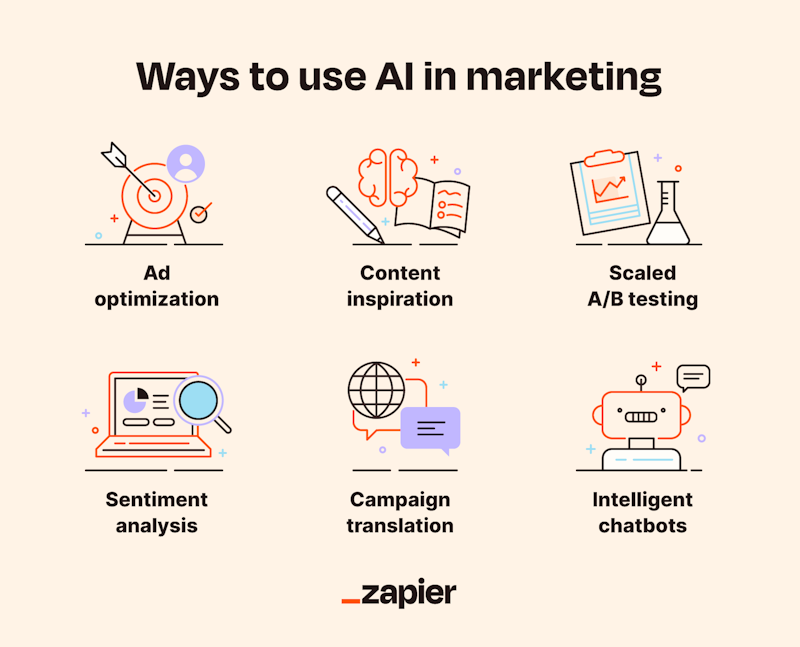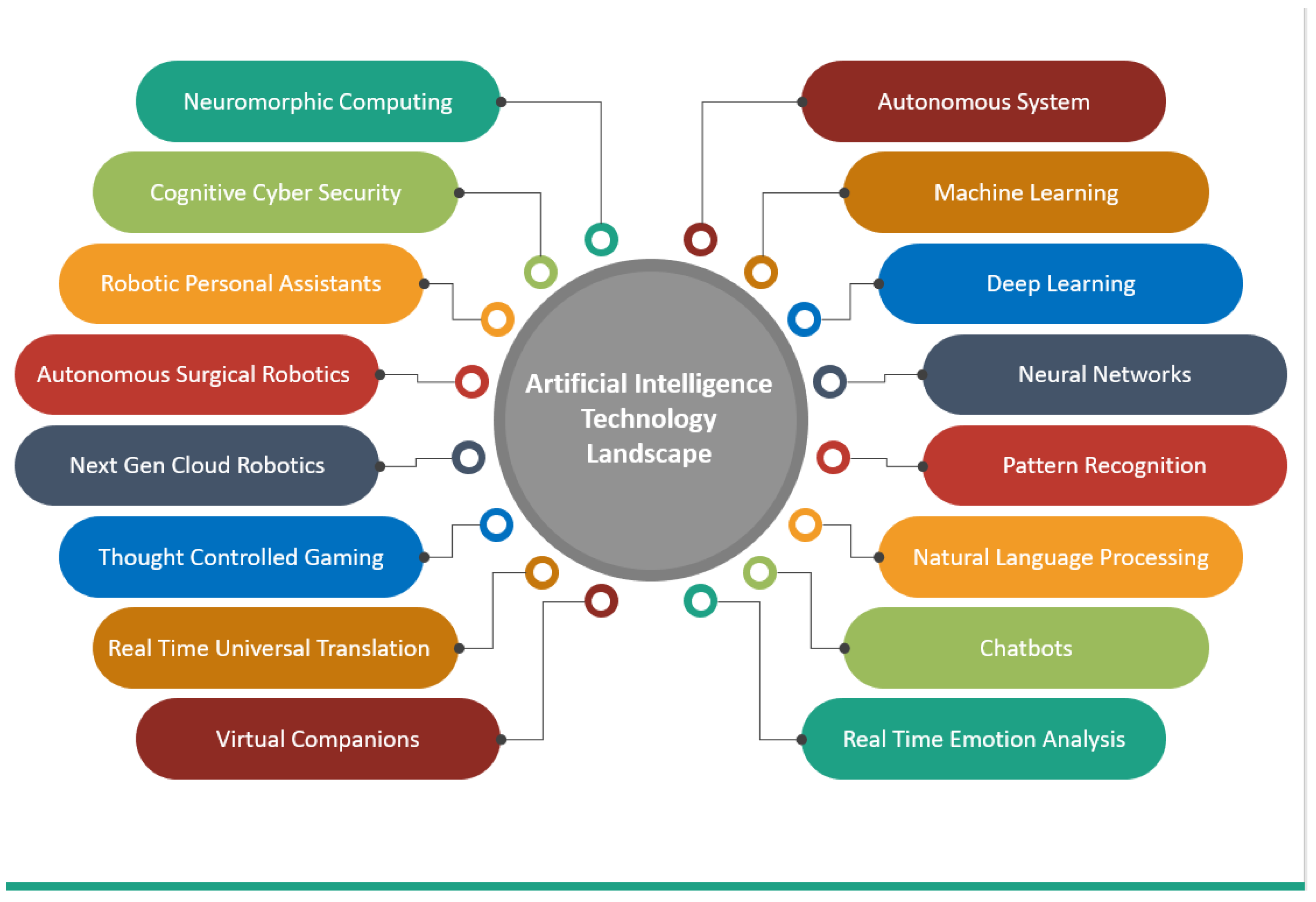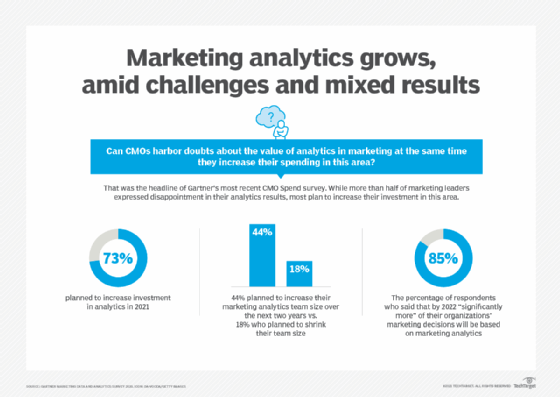In today's fast-paced digital marketing landscape, staying ahead of market trends is crucial for your success as a content marketer or digital strategist. Predictive content strategy, which leverages artificial intelligence (AI), enables you to anticipate audience needs and enhance your content's performance. By analyzing data and utilizing predictive analytics, you can identify the types of content that resonate best and create a strategy that aligns with future market dynamics.
Predictive analytics allows you to sift through vast amounts of historical data, providing insights into consumer behavior, preferences, and upcoming trends. Whether you work in B2B or B2C markets, understanding these dynamics is essential. Merging data-driven insights with creative strategies enables you to produce relevant and engaging content that caters to your audience's evolving interests.
As you read through this guide, you'll discover the importance of predictive analytics in shaping your content strategies, how to balance evergreen and trending content, and actionable steps to create a content calendar that responds to future trends. Additionally, you will learn about the tools available to help implement predictive analytics effectively and the ethical considerations necessary when leveraging this powerful technology.
How Can You Outpace Market Trends with Predictive Analytics?
Understanding market trends is vital to creating a successful content strategy. Predictive analytics plays a critical role in helping you stay ahead in a rapidly changing digital ecosystem. This process involves analyzing historical data to gain insights into future behavior and trends.
Analytics tools enable you to identify not only what content has worked in the past but also what is likely to resonate with your audience moving forward. Research shows that 80% of content consumed on Netflix comes from AI-driven recommendations, highlighting the effectiveness of predictive analytics in shaping content consumption.
Furthermore, the global predictive analytics market is projected to reach $39.1 billion by 2030, emphasizing the importance of investing in these technologies for marketers.
Balancing trending topics with evergreen content is also crucial. While participating in current trends can drive short-term engagement, evergreen content serves as a foundation that continues to attract views and interactions over time.
This infographic illustrates the growth of predictive analytics in the marketing sector. (Source: TechTarget)
How Can You Harness AI for Predictive Content Strategies?
You can enhance your ability to predict content trends by diving into various AI techniques. Machine learning, deep learning, and natural language processing (NLP) are crucial methods that can help you gain insights into consumer behavior.
Machine learning algorithms enable you to segment customers based on their interactions and predict behaviors, such as the risk of churn. Deep learning, particularly Recurrent Neural Networks (RNNs), can analyze sequential data like browsing history to forecast future purchasing behavior.
For example, Michaels increased personalized email campaigns from 20% to 95% through AI-driven strategies. This demonstrates the potential impact of using advanced analytics in marketing approaches.
Furthermore, integrating AI into content creation has proven beneficial for improving scalability and operational efficiency. Coca-Cola, for instance, utilized an AI-driven platform that generates personalized marketing content, leading to enhanced engagement rates.
 This diagram showcases various applications of AI techniques in marketing. (Source: DatoCMS)
This diagram showcases various applications of AI techniques in marketing. (Source: DatoCMS)
What Historical Data Should You Analyze for Trend Prediction?
Predictive analytics heavily relies on historical data to forecast trends effectively. Various types of historical data contribute to this process, including website analytics, customer behavior, and social media engagement statistics.
B2B marketers rely on data from industry-specific market reports and LinkedIn engagement, while B2C marketers benefit from e-commerce sales data and user-generated content engagement metrics.
Additionally, the role of seasonal trends is significant when evaluating content performance. Research indicates that website analytics and social signals are crucial elements in predictive analytics.
By delineating B2B from B2C data types, you can tailor your predictive strategies accordingly. Deep learning models, such as TreNet, have demonstrated superior capabilities in trend analysis, outpacing conventional methods.
 This chart summarizes different types of historical data effective in feeding AI algorithms. (Source: MDPI)
This chart summarizes different types of historical data effective in feeding AI algorithms. (Source: MDPI)
How Can You Create a Future-Proof Content Calendar?
Creating a robust content calendar is essential for aligning your marketing strategies with predicted trends. This process is not merely about planning content; it ensures that the material resonates with your audience's evolving interests as indicated by your data insights.
Start by incorporating predictive insights into your content calendar. Identify the best times to engage your audience while focusing on which content types are likely to perform well. Moreover, maintaining a balance between long-term evergreen content and shorter, trending topics helps sustain continuous engagement.
AI-powered tools can enhance your efficiency in content strategy processes. These tools analyze engagement metrics, facilitating adjustments to your content calendar based on performance data.
 This sample content calendar integrates both evergreen and predictive content themes. (Source: Sprout Social)
This sample content calendar integrates both evergreen and predictive content themes. (Source: Sprout Social)
What Ethical Considerations Are Important in AI-Driven Content Marketing?
Incorporating AI into your content strategy brings ethical considerations that require attention. First, ensure transparency in AI usage and data collection processes. Research shows that 63% of consumers want to know when they are engaging with AI-generated content, making clear communication essential.
It is also crucial to mitigate bias in AI predictions. Regular audits of AI algorithms can help ensure that biases are identified and addressed. Best practices for ethical content creation involve adherence to data privacy regulations like GDPR and CCPA, ensuring responsible marketing practices.
Developing an ethical decision-making framework is essential to guide your implementation of AI in marketing. Establishing clear guidelines and auditing practices can help uphold accountability.
 This flowchart outlines the ethical decision-making framework for implementing AI in marketing. (Source: ResearchGate)
This flowchart outlines the ethical decision-making framework for implementing AI in marketing. (Source: ResearchGate)
What Future Insights Should You Anticipate in AI-Driven Content Marketing?
Predictive marketing strategies utilizing AI are on the verge of significant developments over the next 3-5 years. You can expect hyper-personalization to become increasingly prevalent, with AI empowering marketers to deliver tailored content on an unprecedented scale.
By 2025, this shift is projected to contribute to a 35% increase in customer retention for brands embracing hyper-personalized strategies. Furthermore, the integration of real-time data streams will enhance predictive analytics, enabling marketers to respond swiftly to emerging trends.
Emerging technologies like emotion AI will further enhance sentiment analysis, helping marketers tailor campaigns according to detected customer emotions. These advancements will fundamentally change your engagement strategies with your audience.
 This graphic visualizes anticipated future trends in AI and content marketing. (Source: Zeka Graphic)
This graphic visualizes anticipated future trends in AI and content marketing. (Source: Zeka Graphic)
Conclusion
A predictive content strategy driven by AI is becoming integral to effective marketing practices today. By leveraging predictive analytics, you can stay informed about market shifts, align your content with audience preferences, and optimize engagement efforts.
As you embrace the use of AI in your marketing strategies, prioritize ethical considerations to create transparent and responsible practices. By understanding historical data and the importance of predictive insights, you can confidently develop content calendars that resonate with your audience while anticipating their needs.
Ultimately, integrating these strategies into your content marketing practices is a proactive approach that enhances your effectiveness and drives tangible results in a competitive marketplace. Utilize predictive analytics to guide your content decisions and observe your engagement metrics soar.

Komentar (0)
Masuk untuk berpartisipasi dalam diskusi atau .